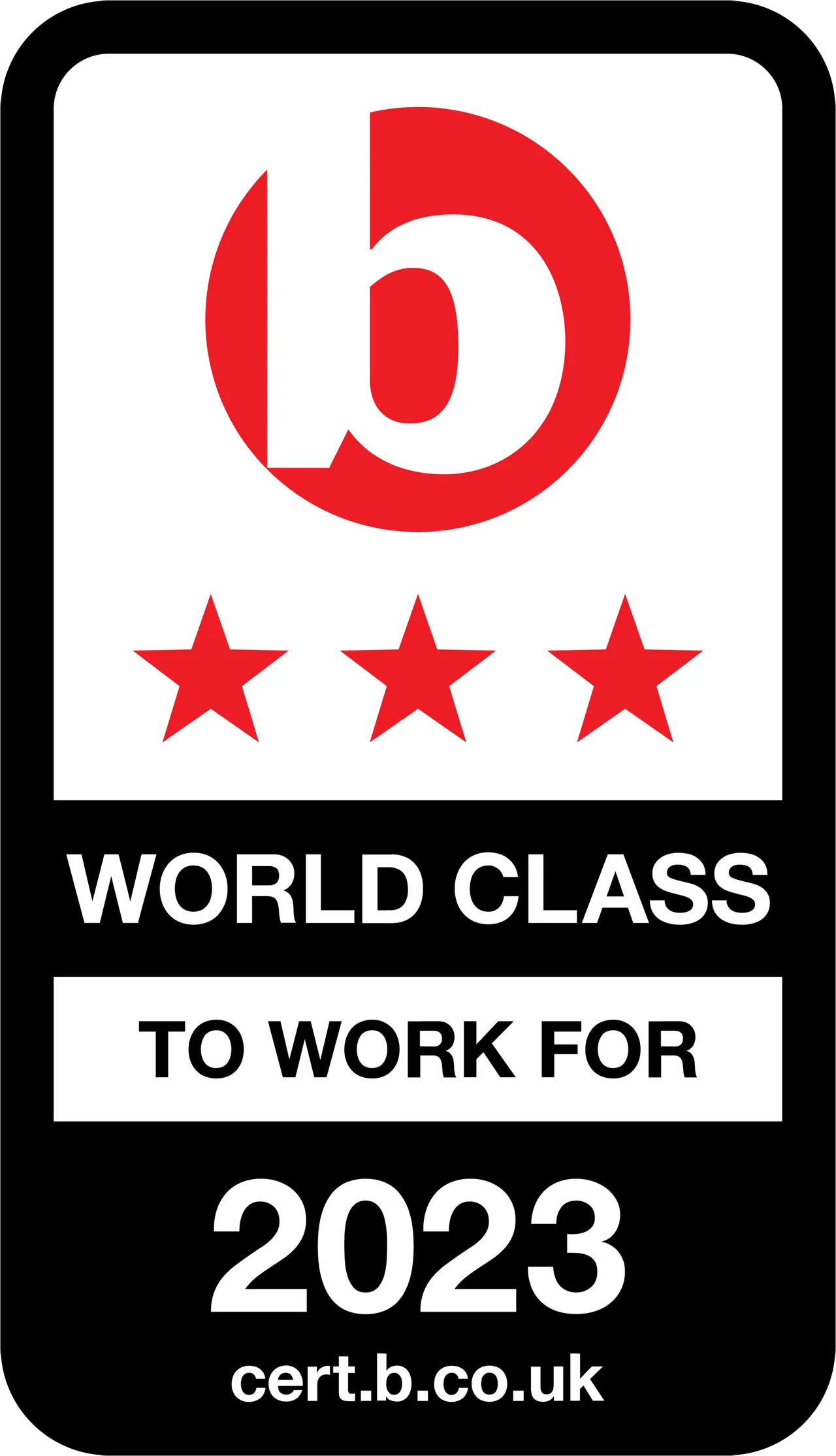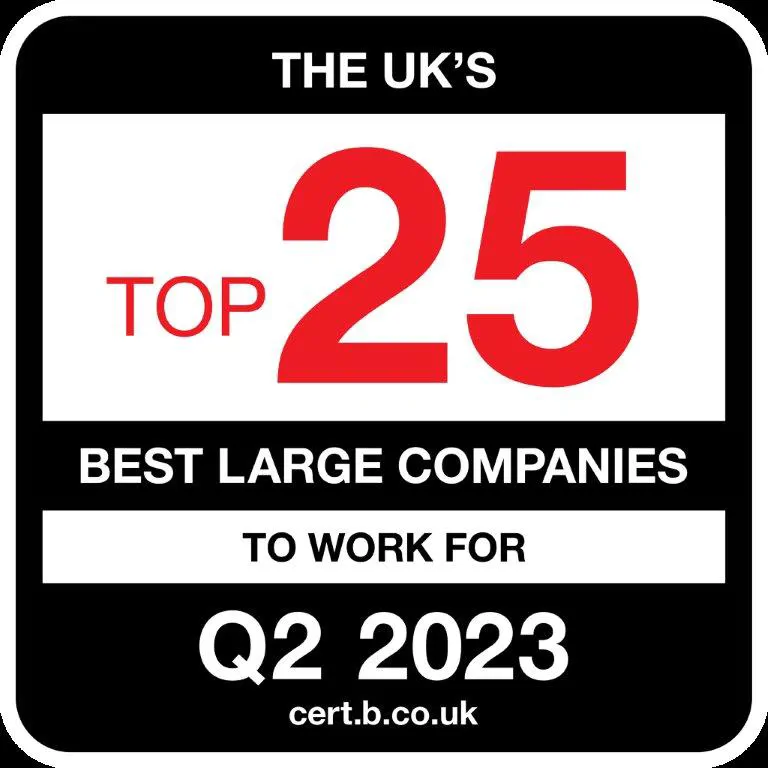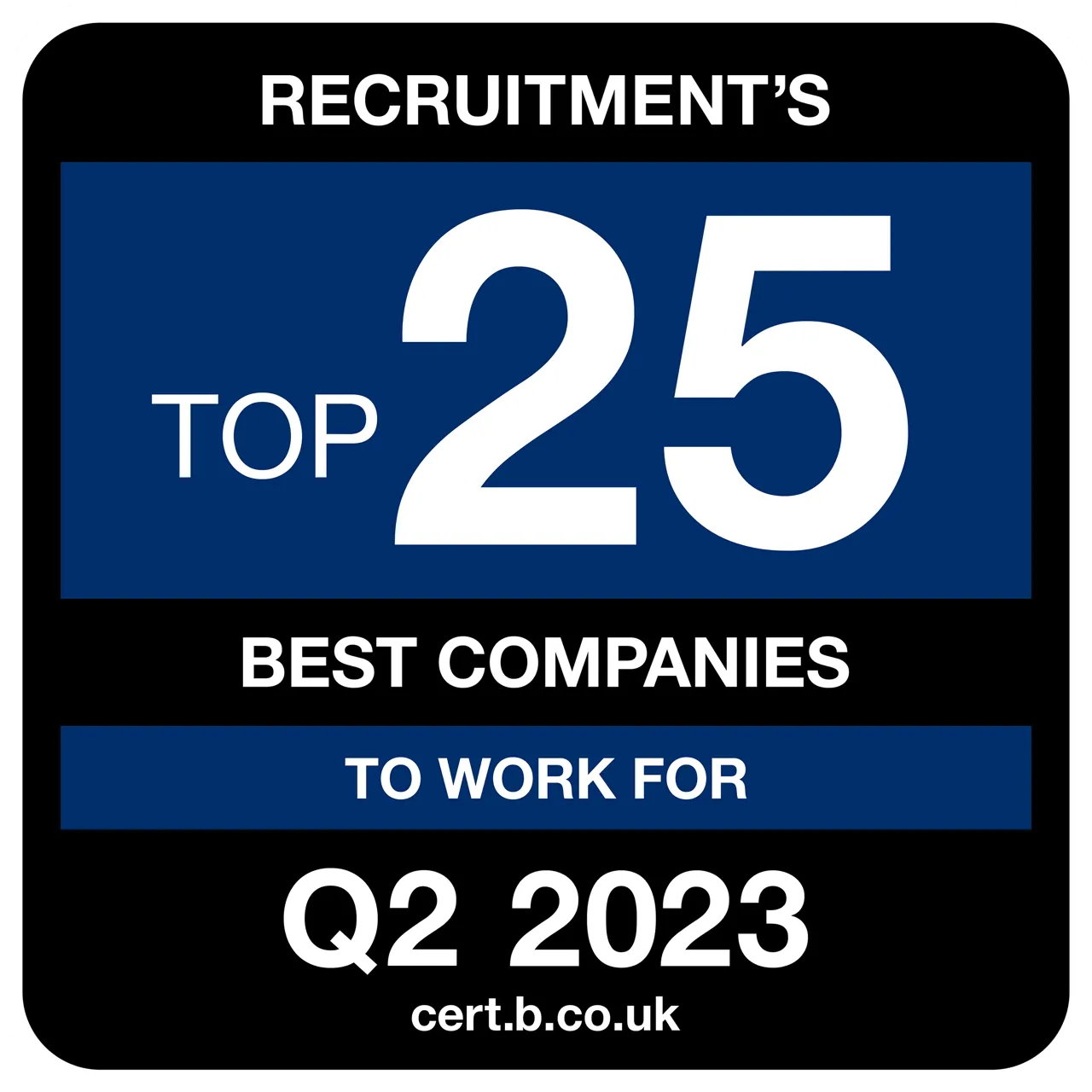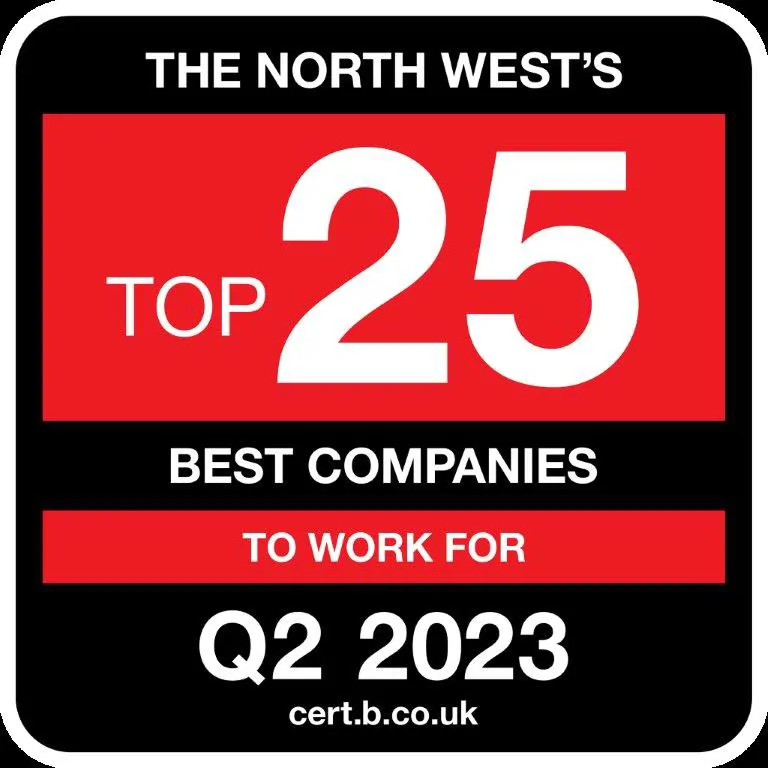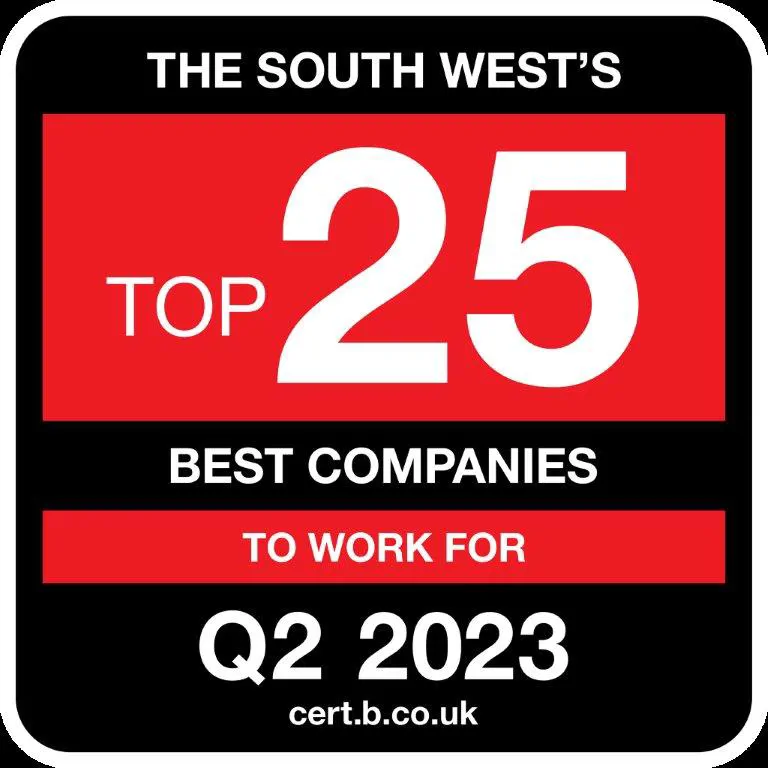how to use keywords in your CV
15 Feb, 20188 minutesHow to Write a CV with Keywords for ATSHere is a fantastic article from CV Library about how...

How to Write a CV with Keywords for ATS
Here is a fantastic article from CV Library about how to write your CV to include keywords that will be picked up by Applicant Tracking Systems (ATS) often used by recruiters.
Perfecting your CV is an important part of the job hunt, especially if you want to stand out from the crowd. However, with more organisations using applicant tracking systems (ATSs) to sift through CVs before they even reach a human eye, it’s vital that you also ensure your CV stands a good chance of passing through an ATS.
A huge part of this is making sure your CV is utilising the correct keywords. Keywords are the phrases or words used in your CV that the ATS software will pick up. The software is looking for keywords that match most closely with the job description. Getting this right should ultimately put you top of the application pile.
In this article, we’ll guide you through categories of keywords you can use, how to find and use them effectively, as well as how to ensure you get your CV in front of the people that matter.
Categories of keywords
We’ve established exactly what keywords are. But how exactly do we know when a keyword is a keyword? It helps if you’re able to categorise these first and build them into your CV from there.
While by no means an exhaustive list, these are just some of the categories that your CV keywords are likely to come under:
Action keywords
To take you back to your English lessons at school, these are active words, such as verbs and adjectives. We’ll go into more depth later about how to quantify these, but here are a few examples of good action keywords you might want to use:
Adjectives: accurate, diligent, hard-working, punctual, reliable, responsible, innovative, adaptable, confident
Verbs: initiated, delivered, achieved, awarded, increased, motivated, strengthened, established, enhanced
These terms show off your positive characteristics and the actions that you have demonstrated in previous roles. They are keywords that bring your working self to life for the employer or recruiter.
Description keywords
As the name might suggest, these are the keywords that are in the job description of the role you’re applying for.
As you tailor or modify your CV for each role, these keywords will vary from application to application, as there could be a number of key requirements that the employer or recruiter is looking for.
Here are some sample description keywords you might want to include in your CV:
Industry terms: e.g. for an accountancy role, ‘AAT qualified’, or for a marketing role, ‘CIM qualified’
Job titles or industries, and levels of experience: e.g. ‘two to three years’ experience with a B2B marketing agency’, or ‘one to two years’ experience working as a legal secretary’
Skill keywords
These are probably the easiest keywords to put into your CV. This is because they are the defining aspects of your experience so far. A few of the skills-related keywords you can include are previous exams or certificates and industry-specific training courses.
You might also want to note any software applications you have used and are well versed in, as well as machinery or hardware that you are familiar with.
Alongside this, if you’ve won awards for service or attainment, have worked in different countries or markets, are a member of professional bodies or organisations, or are fluent in any languages, these are worth including too.
Where to find keywords
Once you’ve established some keyword categories, it’s time to figure out where the best sources to find these are. This will vary depending on the industry you’re applying for jobs in. But, there are some resources which are universal in seeking out keywords to use in your CV, regardless of who you’re making an application to.
You might find these keywords in the original job description or job advert – look under ‘key responsibilities’ or ‘key competencies’ for inspiration. Then search through industry-specific journals and publications, the company website and similar roles that are on the market to see whether you’ve missed anything.
Alongside this, if you’ve received positive feedback from a previous employer, think about how you can incorporate this. As you find the relevant keywords, you can start categorising these using the examples listed above.
Putting keywords into practice
Once you’ve outlined your keywords, it’s time to pepper them in throughout your CV. For example, when it comes to action keywords, while you might want to say:
‘Managed digital accounts for several well-known clients.’
Instead, try out:
‘Coordinated the digital presence and branding for 10 national retail businesses, achieving a £2 million annual turnover.’
Adding active keywords brings power and value to your duties and explains more efficiently what you did in your role. The use of relevant statistics also helps to quantify these qualitative soft skills.
In terms of description skills, this will vary depending on the role you’re applying for, as you’ll be tailoring your CV to each job. For example, if the job description states that applicants must have one to two years’ experience managing a regional sales team, you’d need to highlight how you’ve achieved this in your personal profile.
Skill keywords are more quantitative, so it’s easier to place them on your CV. Make sure you include the qualifications you’ve earned and courses you’ve completed that are relevant to the role. For example, if you’re looking for a job in marketing, you should reference industry-specific diplomas you hold to your name.
Final thoughts
When it comes to using keywords, make sure you don’t just cram your CV full of them for the sake it. After all, if you do make it past the ATS, you will ultimately have to explain yourself further down the line to a human recruiter, and there is a danger that you could get caught out if you’ve been heavy-handed. Therefore, it’s always better to be honest about your achievements and strengths.
Remember that the objective of your CV is to be a unique selling document once it gets in front of an employer or recruiter. It’s no good having a CV that passes all the checks for keywords, but doesn’t reflect your personality. Ensure that you use keywords from all categories to truly highlight your professional value.
Following the above steps will ensure that your CV will not only pass the ATS test but also get in front of the right employers and recruiters.
Source: CV Library



.jpg)
